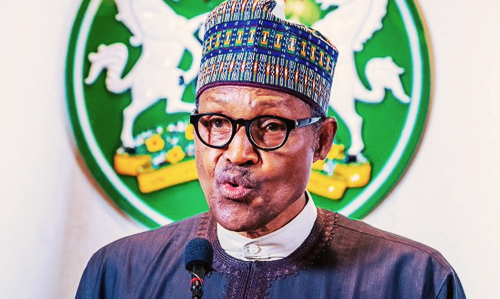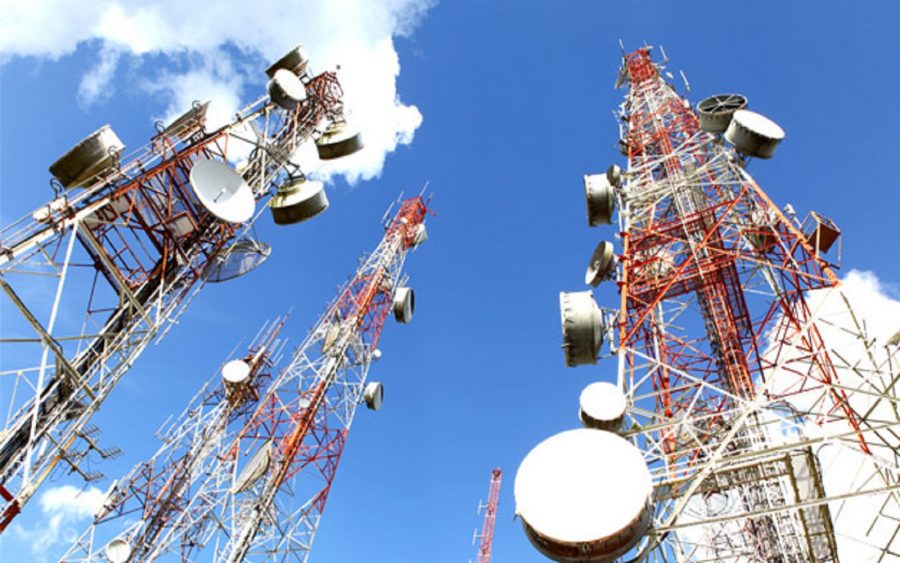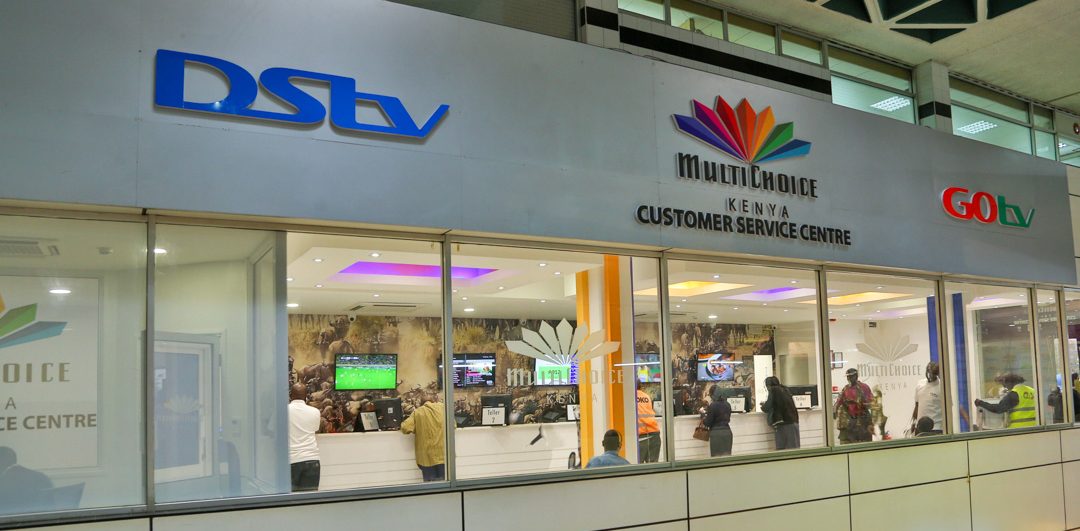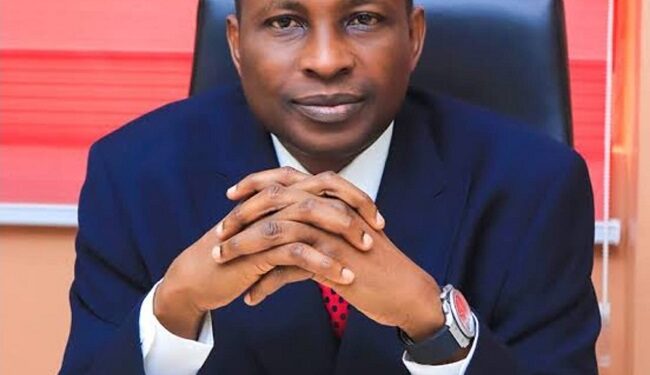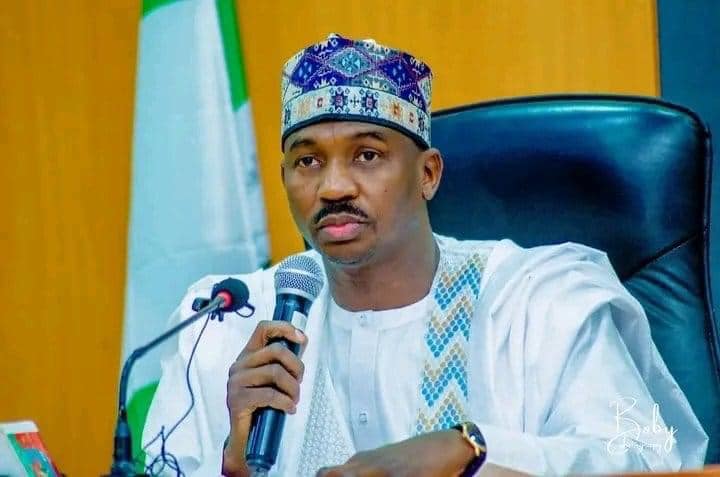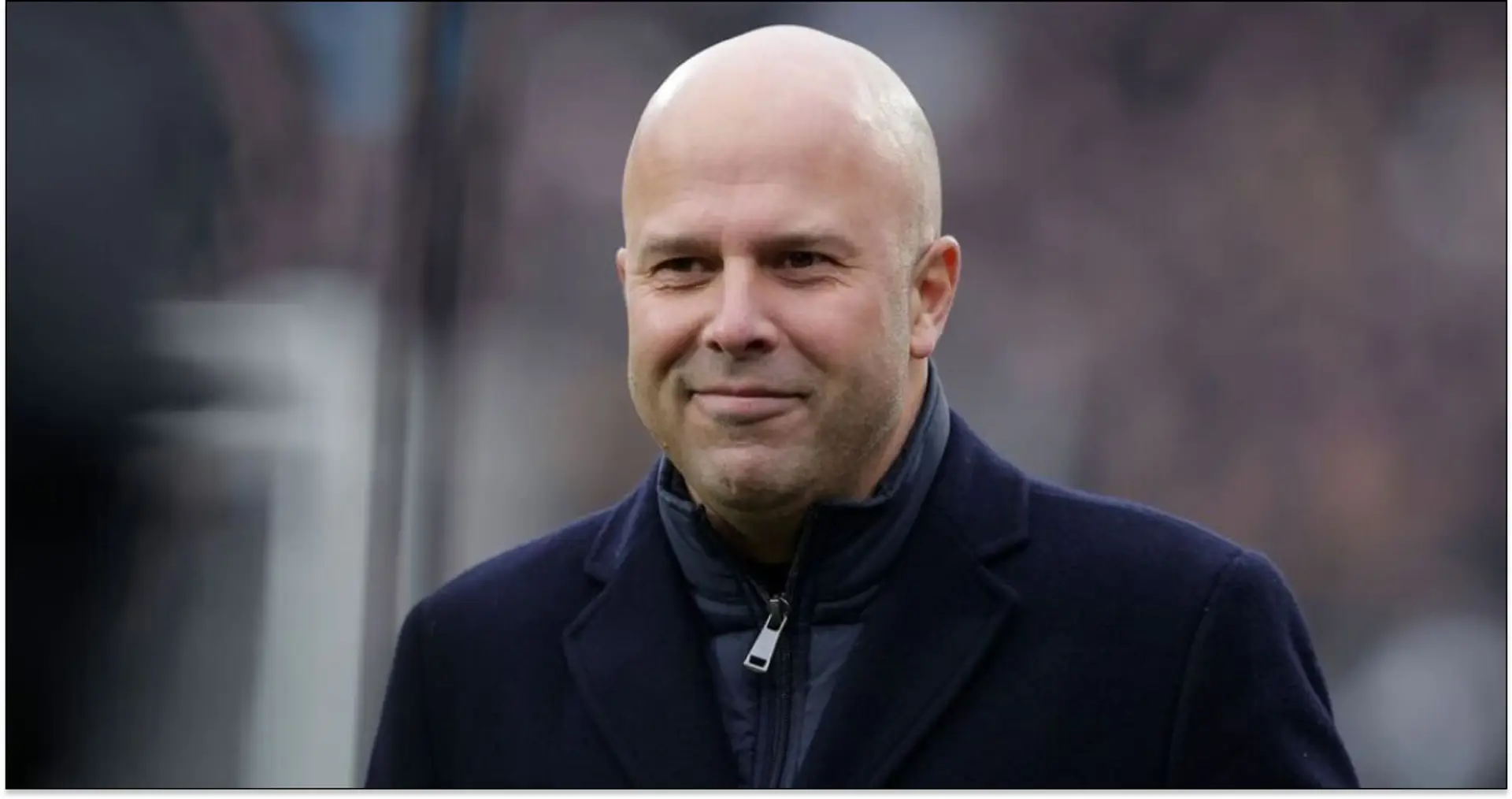While addressing Nigerians on the democracy day speech, President Muhammadu Buhari addressed Nigerians on what his government has achieved so far that better the lives on Nigerians.
Buhari had in the year 2018 declared June 12 as the Nigerian’s Democracy Day, to replace the normal may 29, the anniversary of the Nigerian return to Democracy in the year 1999 which since has been the ritual of the Nigerian Democracy day.
In his speech, the President outlined several key areas his government has scored in high point according to him, against all challenges including that of the coronavirus pandemic that started in China and has brought the world economy to a standstill.
Mr. Buhari in his speech highlighted the above as follows;
Unemployment
Buhari said as part of his government strategy to shrink unemployment especially to reduce the impact of the coronavirus impact on youth, he directed that each of the 774 local governments in Nigeria employ 1000 youth.
These youth would be engaged in a major public work Programmes aimed at cushioning the effect of the economy on the youth.
Already the program has been set in motion.
Economy
Mr. Buhari said since Nigeria exited the recession, the economy has witnessed unprecedented rise in the GDP growth with the GDP growing from 1.91% in 2018 to 2.27% in 2019.
However, due to the effect of coronavirus on the global economy, it has slow down to 1.87% in the first quarter of the year 2020, saying as “every single economy in the world has suffered a similar case”, while ours has been a moderate one Buhari noted.
Meanwhile, our external reserve has grown from $33.42 billion on April 29th, 2020 to about $36.00 billion in May 2020, saying ‘which is enough to finance seven months of import commitments”.
COVID-19 and Democracy
Buhari said “our aspirations, humanity and indeed our democracy is under the threat of coronavirus”
The president however stated that “Nigeria has survived many crises before and has come out stronger, however, he remained optimistic that by God's grace, Nigeria shall overcome this one too.
Agriculture
The present said Agriculture has been the major agenda of his administration, he believed that any nation that cannot feed itself has a long way to go, and such consider it as economic diversification.
He said the fertilizer initiative program has continued to deliver significant quantities of affordable and high-quality fertilizer to our farmers.
He added, “The initiative has revived 31 blending plants and created a significant number of direct and indirect jobs across the value chain.
He said the government is also “revamping the cotton, textile and garment sector via a CBN Textile Revival Intervention Fund that would considerably reduce foreign exchange spent on cotton and other textile imports.”
For food security, “we are promoting “Grow What We Eat” and “Eat What We Grow”, the president said, adding that the “government will continue to support the Agriculture sector through the CBN Anchor Borrowers Programme and similar schemes.”
“To protect our farming investments, we have deployed 5,000 Agro-Rangers and employed 30,289 in our para-military agencies.
“Our efforts on growing non-oil exports have started to yield some results.
“For instance, in the past year, our revenue from Cocoa and Sesame Seed increased by $79.4 million and $153 million,” he said.
Ease of doing business
Buhari noted that Nigeria has risen by 25 places on the chart of the World Bank ease of doing business from 146 to 131 and Nigeria is now rated of the top ten reforming countries.
He acknowledged this was possible on Visa on arrival policy he introduced by his administration, as well as “consistent promotion of initiatives that expand facilities available to Micro Small and Medium Scale Enterprises, robust electronic registration and payment system, seamless processing of business registration and reduction of cost or registering business by up to 50%.
Power sector
“The Power Sector remains very critical to meeting our industrial development aspirations and we are tackling the challenges that still exist in the delivery of power through different strategies,” Buhari noted.
He outlined some of the projects the administration is executing in this regard to include;
- Alaoji to Onitsha, Delta Power Station to Benin and Kaduna to Kano;
- 330kv DC 62km line between Birnin Kebbi and Kamba;
- Lagos/Ogun Transmission Infrastructure Project;
- Abuja Transmission Ring Scheme; and
- Northern Corridor Transmission Project.
He added that the agreement with Siemens will also transmit and distribute a total of 11,000 Megawatts by 2023.
Transportation Sector
In this sector Buhari revealed though the SUKUK funded road projects were put at 412km of the targeted 643km road project have been completed and put to use representing 64% of the target.
“On the 2nd Niger Bridge, piling work has been completed and the approach roads are being constructed.
48% of the work on this bridge has been achieved.
“We have constructed 102km of the 376km Abuja – Kaduna – Kano Road, representing 38%, and the 42.9km Obajana – Kabba Road is 87.03% complete.
He also revealed that the Federal Roads Maintenance Agency has completed routine maintenance on over 4,000km of federal roads out of the 5,000km targeted.
On railway networks, the president said more locomotives, coaches, and wagons are being introduced for the Abuja-Kaduna Rail Line.
“The Central Ajaokuta – Itakpe – Warri Line has been completed and is being extended from Itakpe to Abuja on one end and from Warri Town to Warri Port on the other.
“The Lagos-Ibadan Rail Line is 90% completed and would be extended to the Lagos Port which would help address the long-standing grid-lock at the Apapa port.
“The Kano – Maradi Single Track Standard Gauge Railway, Coastal Railway Project and Port Harcourt – Maiduguri Standard Gauge Railway, with its associated branch lines running through the South Eastern and Gombe States, industrial park and Bonny Deep Sea Port are all ready for concessions,” he added.
Education sector
President Buhari said his administration is pursuing the enforcement of free and compulsory basic education for the first nine years of schooling.
In pursuit of this, we have launched the Better Education Service Delivery for All in 17 states, established an additional 6 Federal Science and Technical Colleges, and currently executing a pro-active Teacher Training Plan with all states of the Federation,” he said.
Digital Economy
Buhari said the digital economy has continued to play an important role in our collective development agenda as we move into the age of Artificial Intelligence.
“Since the creation of the Ministry of Communication and Digital Economy, the National Digital Economy Policy and Strategy has been launched.
“Steps have been taken to achieve a reduction of connectivity cluster gaps from 207 to 114 as well as increase the level of 4G coverage by 30%,” he said.
Housing program
President Buhari said about 1,200 housing units that have been delivered for the low and middle-income earners as well as provision of 520 service plots with infrastructure through a public-private sector partnership and the issuance of 868 mortgages totaling N7.7 billion.
“Similarly, Home Renovation Loans totaling N16.2 Billion have been granted to 19,210 people,” he added.
Insurgency, banditry, and insecurity
With the heightening insecurity situation in the country, the president said he “regret recent sporadic incidents with the tragic loss of lives in Katsina and Borno States as a result of criminals taking advantage of COVID-19 restrictions.”
“Security Agencies will pursue the perpetrators and bring them to swift justice,” he added.
President Buhari also said “all the Local Governments that were taken over by the Boko Haram insurgents in Borno, Yobe, and Adamawa have long been recovered and are now occupied by indigenes of these areas that were hitherto forced to seek a living in areas far from their ancestral homes.
“The total collapse of the economies of these areas, which constituted a threat to our food security, has also been reversed with the gradual recovery of farming and other economic activities.”
“As part of the strengthening of our internal security architecture, the Ministry of Police Affairs was created,” he added.
Rule of law, anti-corruption campaign and assets recovery
With his administration’s constant badgering for having little or no regard for the rule of law, President Buhari said his “administration is focused on ensuring that Nigeria would always be governed by the Rule of Law”, adding that he would do his “utmost to uphold the constitution and protect the lives and property of all Nigerians.”
On anti-corruption and assets recovery, anti-Corruption agencies have secured over 1,400 convictions and also recovered funds in excess of N800 billion.
“These monies are being plowed into development and infrastructure projects,” he said.
Youths, women, and persons with disabilities
He acknowledged that the youth population of the country “remains a source of strength in achieving development objectives”.
“In this regard, we would continue to concentrate on developing their skills, providing them with opportunities to express their entrepreneurial, research and industrial capacities as well as ample opportunity to take leadership positions in the service of the nation.
He said he has directed “all relevant Government agencies pay special attention to the peculiarities of persons with disabilities in the formulation and implementation of their policies and programs, and where suitable their employment.”
“Nigerian women remain a particular treasure to this nation and for this reason, this Administration has continued to give them a place of pride in the affairs of our country,” he added










